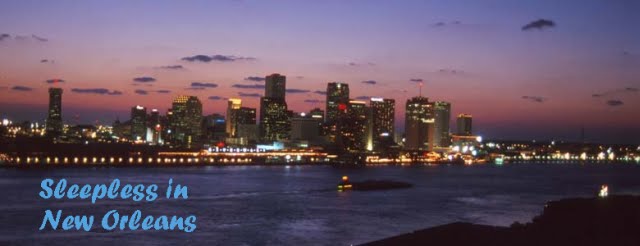As usual, my thoughts are all over the place on this one.
Let me start by saying, when I watched "Hotel Rwanda" (which I highly recommend), I was saddened and horrified by what had happened in that country. When the movie was over I asked myself how anyone could stand by and let that happen, the movie made it very personal and real. You could say to yourself, "There but for the grace of God, go I. If I had been born there instead of here..." Without going all political on y'all, it makes me angry that we (1st world countries) have the chance to make up for past mistakes (like Rwanda and Croatia) by helping out in Darfur and have not. I understand it is not a clear-cut problem or solution, but to make excuses and just stand by while hundreds of thousands of people die is not an acceptable response.
That being said, I wanted to show you what kind of reaction I got after seeing that movie as a comparison to my reaction to this one. It's been at least a year since I saw "Hotel Rwanda", and it still makes me angry. "The Last King of Scotland" doesn't evoke that kind of response. It is the story (fictional, based on some real facts) of a doctor from Scotland who ended up in Idi Amin's inner circle. So, instead of seeing the atrocities that Amin heaped on the people of Uganda, you only see how it affected this doctor personally. They hint at some of what was going on under Amin's rule, but the only time they show torture/mutilation (not that I want to see torture and mutilation) is when it involves the doctor, who is screwing Amin's third wife. So it seems more a personal retribution and less a picture of what a mass murderer he was. The movie shows how, in the beginning, the Ugandans thought he was going to save them from their last dictator or "president for life", free all political prisoners, and have more of a democratic-style government. From there, the movie focuses on the doctor/dictator relationship. You do get glimpses of Amin's ruthlessness, as when he takes the doctor's Scottish passport and replaces it with a Ugandan passport so that he may not leave the country to return to Scotland. Also touched on, but not explained well, is when Amin banishes all Asians, Indians, and Pakistani from Uganda, as well as reporters from Western countries. During this time, he massacres 300,000 or more Ugandans from rival tribes but the movie only mentions this as a footnote at the end. That doesn't even count the soldiers he massacared after taking over the country from the previous regime. The movie ends with the "incident" at Entebbe, but does not go into detail, as this is the climactic scene involving the doctor's escape from Amin. So you miss all the political implications and the murder by Amin of a British/Israeli grandmother who had been on the flight. It just kind of stops there, you do not see how he spirals into more madness and the international community cuts ties with him, leaving the Ugandans helpless under his dictatorship.
So, while it was an interesting story, and parts of it were sad, it in no way expresses the tragedy of the Ugandan people that was Idi Amin. I think that after seeing this movie, most people will still not have any idea of the horrors that the entire country suffered while under his rule.
I could go on, but I'm going to leave it there for now. I only touched on the human rights violations the man heaped on his country. The economic legacy he left Uganda is a sad story for another day.
Tuesday, May 29, 2007
The Last King of Scotland
Subscribe to:
Post Comments (Atom)









2 comments:
Now you have me wanting to see "Hotel Rwanda". LOL
Remember driving past Idi Amin's original home?
Post a Comment